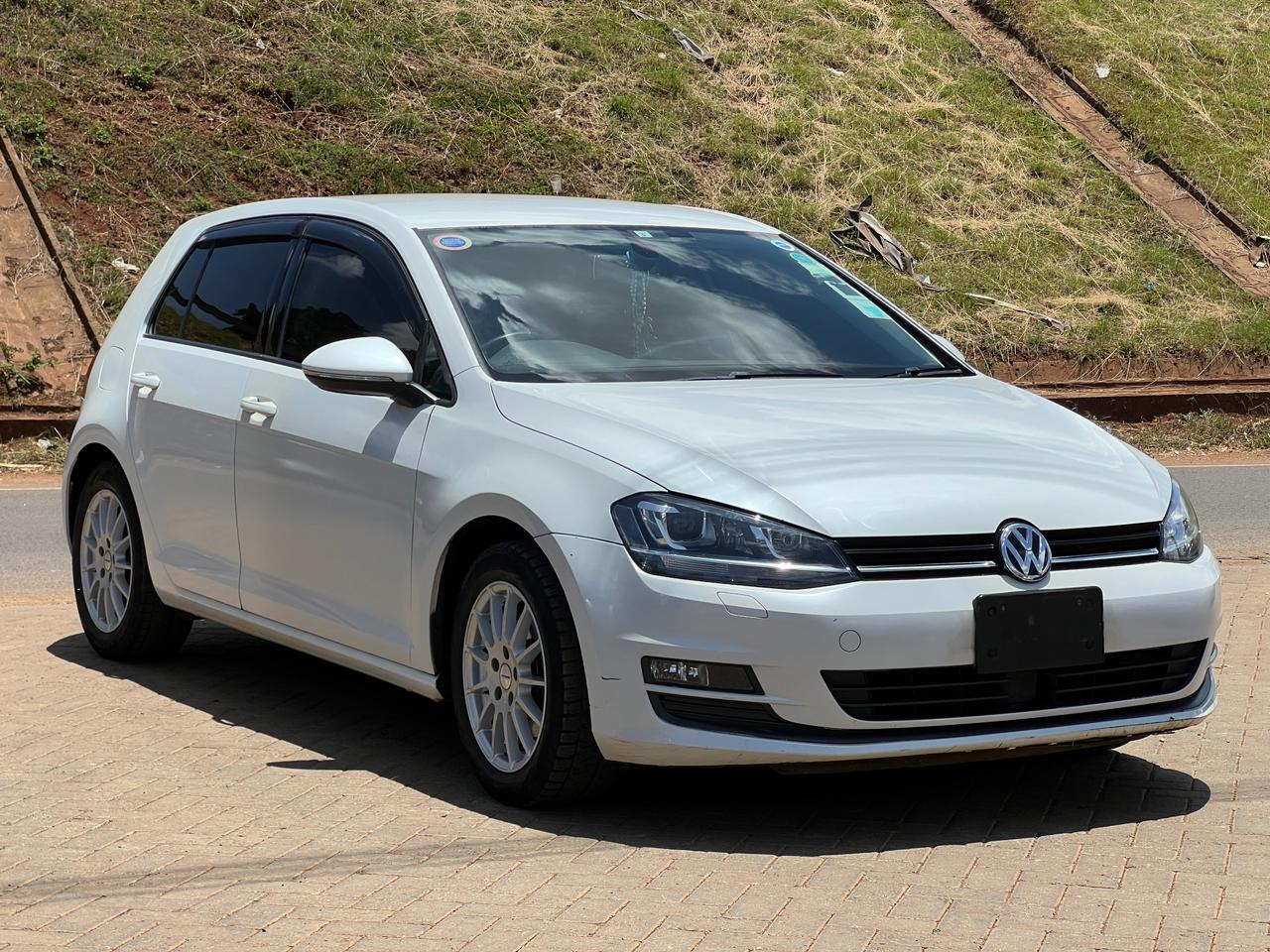Understanding Hybrid Cars: What Makes Them Unique
Perfect! Here’s your 1000-word, text-only informative article on:
Understanding Hybrid Cars: What Makes Them Unique
Hybrid cars have become a major part of the global transition to cleaner, more efficient vehicles. They serve as a bridge between traditional gasoline cars and fully electric vehicles (EVs), combining the best of both worlds. But what exactly makes a hybrid car special? How do they work, and why are they becoming so popular?
If you're curious about hybrid technology or considering buying one, this guide will explain everything you need to know — in simple, beginner-friendly terms.
1. What Is a Hybrid Car?
A hybrid car uses two power sources to drive the vehicle:
-
A petrol or diesel engine
-
An electric motor powered by a battery
These two systems work together or independently, depending on driving conditions. The goal is to improve fuel efficiency, reduce emissions, and give drivers a smoother, quieter ride.
Think of it as a smart system that decides which source — electric or fuel — is best for the moment.
2. Types of Hybrid Cars
There are three main types of hybrid vehicles, and each works a little differently:
a) Full Hybrid (HEV)
Also called a "conventional hybrid," this is the most common type.
-
Uses the electric motor at low speeds (like in traffic)
-
Switches to the engine at higher speeds
-
The battery charges automatically through regenerative braking and the engine
Examples: Toyota Prius, Honda Insight
b) Plug-in Hybrid (PHEV)
This type has a larger battery and can be charged using electricity from the grid.
-
Can drive on electric power alone for 20–60 km
-
Switches to the engine when battery runs out
-
Offers more electric range and flexibility
Examples: Mitsubishi Outlander PHEV, Toyota RAV4 Prime
c) Mild Hybrid (MHEV)
A smaller electric motor supports the engine but does not drive the car alone.
-
Improves fuel economy and assists during acceleration
-
Cannot run on electric power only
Examples: Suzuki Swift Hybrid, Audi A6 MHEV
3. How Hybrid Cars Work
Here’s a simplified explanation of how a full hybrid car functions:
-
Starting/Low Speed:
The car uses the electric motor alone. This is silent and emissions-free. -
Normal Driving:
The engine and motor work together. The system decides when to use each power source for maximum efficiency. -
Accelerating/Climbing Hills:
The engine and electric motor combine forces for more power. -
Braking/Slowing Down:
The electric motor acts as a generator, converting motion into electricity and storing it in the battery — a process called regenerative braking. -
Stopping:
The engine may shut off automatically to save fuel, restarting when you press the pedal again.
This seamless switching is managed by an intelligent computer system that balances performance, emissions, and fuel use.
4. The Role of the Battery
Hybrid cars use high-voltage battery packs that are separate from the small 12V battery used for lights and accessories.
-
HEVs charge their batteries automatically while driving
-
PHEVs can be plugged in for faster, full charging
-
Battery size affects how much electric-only driving is possible
These batteries are built to last, often with warranties of 8–10 years, and require little maintenance.
5. Fuel Efficiency and Emissions
One of the biggest advantages of hybrid cars is better fuel economy. Here’s how:
-
Electric assistance reduces the load on the engine
-
Regenerative braking captures energy that would be lost in normal cars
-
Engine shut-off at stops prevents idling
This means you burn less fuel, produce fewer emissions, and save money over time.
In urban traffic, where there's a lot of stopping and starting, hybrids shine the most.
6. Benefits of Driving a Hybrid
Hybrid vehicles offer several compelling advantages:
✅ Fuel Savings
They use less fuel overall, especially in city driving.
✅ Lower Emissions
They emit fewer pollutants and greenhouse gases than gasoline-only cars.
✅ Quiet Operation
Driving in electric mode is smooth and silent.
✅ No Range Anxiety
Unlike fully electric cars, hybrids don’t rely on charging stations — they can keep going with fuel.
✅ Incentives and Perks
Many countries offer tax breaks, rebates, or free parking for hybrid vehicle owners.
7. Common Concerns About Hybrids
While hybrids are a smart choice for many, there are a few concerns to be aware of:
⚠️ Higher Initial Cost
Hybrids can be more expensive to buy, although this is changing as prices drop.
⚠️ Battery Replacement
Batteries are expensive, but they are built to last and rarely fail within warranty.
⚠️ Maintenance Confusion
Some mechanics may not be familiar with hybrid systems, though this is improving with time.
⚠️ Electric Range (PHEVs)
Plug-in hybrids have a limited electric range, so charging regularly is important if you want to avoid fuel use.
8. Who Should Buy a Hybrid?
Hybrid cars are ideal for:
-
City drivers who deal with traffic and want to save on fuel
-
Environmentally conscious individuals who aren’t ready to go fully electric
-
Commuters looking for a mix of performance and efficiency
-
Families who need reliable cars for daily use without range limitations
If your lifestyle involves regular short trips, a hybrid can reduce your fuel usage drastically.
9. The Future of Hybrids
As technology improves, hybrids are becoming more advanced, efficient, and affordable. Many car makers are now using hybrid technology as standard in their lineups.
Some trends to watch include:
-
Smaller, lighter batteries with higher capacity
-
Better integration with smart apps and driving assistants
-
Hybrids that can drive 100+ km on electricity alone
-
Growing resale value as more drivers demand fuel-efficient cars
Hybrids are also acting as stepping stones to fully electric vehicles, making the transition smoother for consumers.
Conclusion: Hybrid Cars Are a Smart Step Forward
Hybrid cars offer a clever mix of traditional and modern automotive technology. They provide better fuel economy, reduced emissions, and a quiet, comfortable driving experience — all without the need for full EV infrastructure.
If you’re not ready to go fully electric, a hybrid is a great middle-ground solution. It allows you to enjoy the benefits of electric driving while keeping the familiarity and reliability of a fuel engine.
With more models on the market and increasing government support, hybrid cars are no longer niche — they are becoming the new normal.
✅ Let me know if you'd like a summary paragraph, SEO keywords added, or want the article tailored for a specific model like the Toyota Prius or Honda CR-V Hybrid.





Comments
Post a Comment